This content is restricted to subscribers
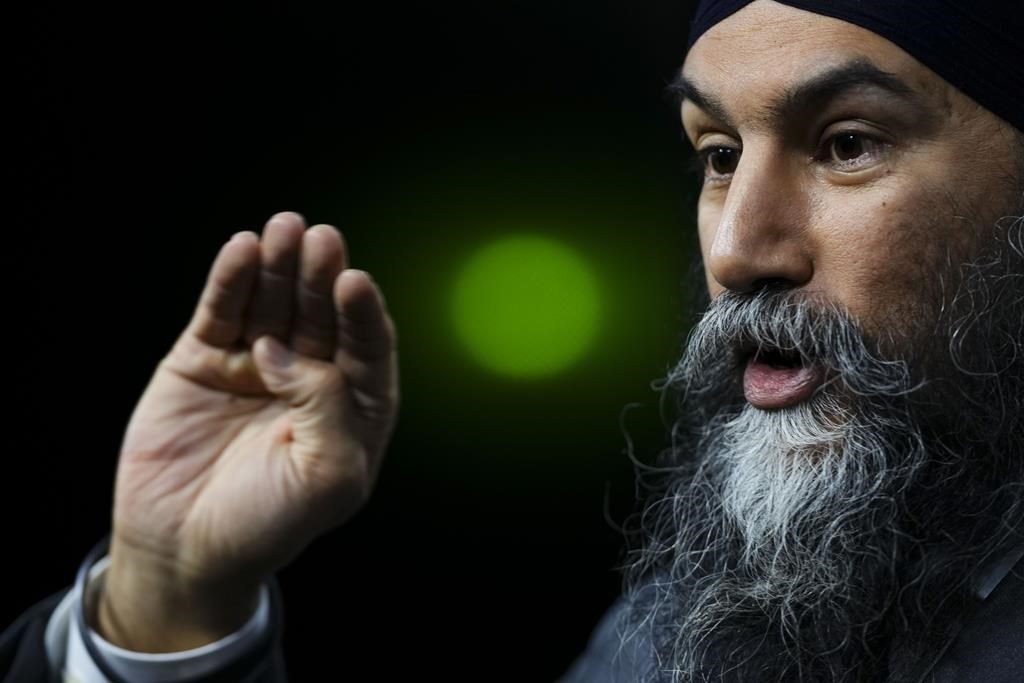
The views, opinions and positions expressed by columnists and contributors are the author’s alone. They do not inherently or expressly reflect the views, opinions and/or positions of our publication.

This content is restricted to subscribers
The views, opinions and positions expressed by columnists and contributors are the author’s alone. They do not inherently or expressly reflect the views, opinions and/or positions of our publication.

This content is restricted to subscribers
The views, opinions and positions expressed by columnists and contributors are the author’s alone. They do not inherently or expressly reflect the views, opinions and/or positions of our publication.
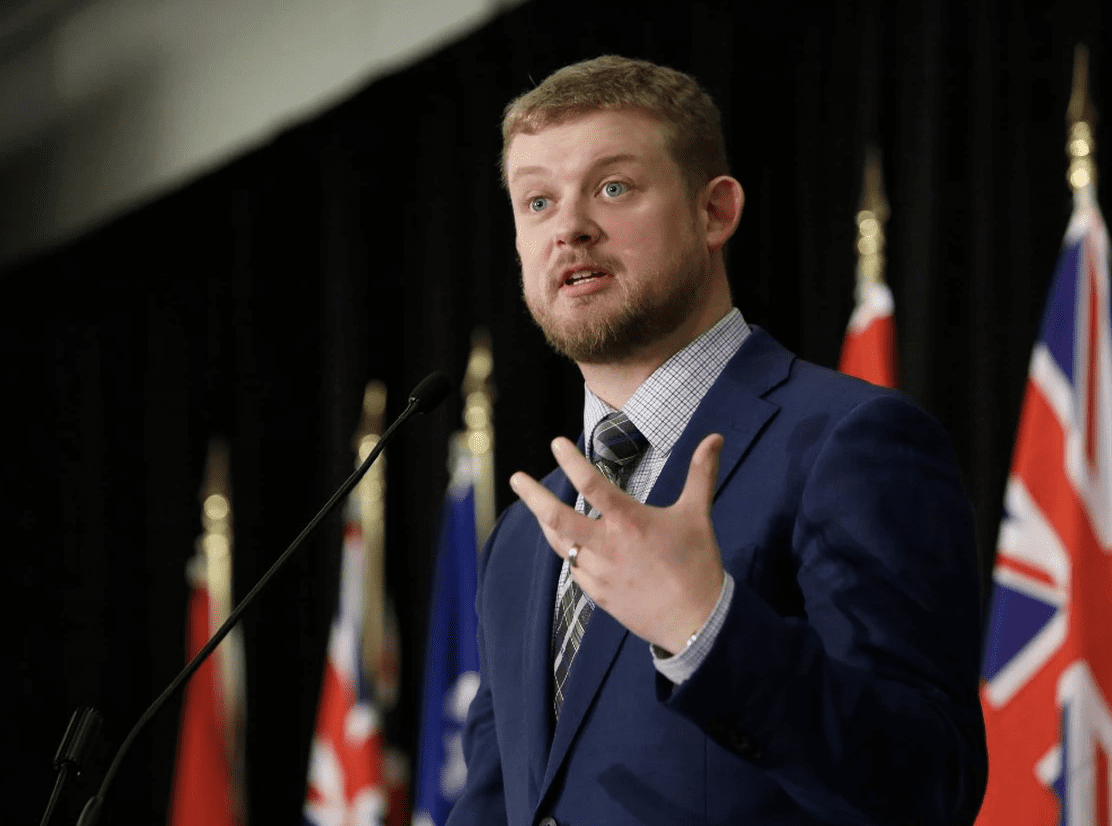
Liberal Prime Minister Justin Trudeau and NDP leader Jagmeet Singh signed a three-year confidence and supply agreement last March. A number of left-leaning policies, including a commitment to national dental care for low-income Canadians, a Canada Pharmacare Act and affordable housing were included in this political arrangement. For Trudeau, the primary reason was to hold on to power and protect himself from facing a vote of non-confidence in Parliament.
Yet, there’s a certain amount of irony that’s recently developed around this agreement. While the NDP is currently protecting the Liberals from losing power, one of its MPs recently presented a motion that could potentially bring them down.
Putting that scenario aside, Daniel Blaikie deserves credit for introducing this motion to the forefront. Several ideas have real merit, and deserve to be discussed and debated with a wider audience.
Blaikie, the son of late NDP MP and former provincial cabinet minister Bill Blaikie, is attempting to adjust the Standing Orders of the House of Commons. As explained on the official parliamentary website, these are the “permanent written rules under which the House of Commons regulates its proceedings. There are currently more than 150 standing orders, which provide a detailed description of the rules governing the legislative process, the role of the Speaker, the parliamentary calendar, the work of committees, and Private Members’ Business, among other things.”
The Manitoba New Democrat, who has represented his father’s old riding of Elmwood—Transcona since 2015, is seeking more clarity with respect to the confidence vote.
In his motion, M-79, it’s noted in point iv) that “the confidence convention has never been clearly codified and this has sometimes led to confusion among members and the general public as to the nature and significance of certain votes.” Hence, according to point v), “governments have sometimes abused the confidence convention to reinforce party discipline or influence the outcome of a vote that is not explicitly a matter of confidence or that would not be considered a matter of confidence by convention.”
Blaikie had a specific target in mind when he spoke with the media this week.
“The prime minister enjoys a lot of power in the Canadian system of government,” he told reporters on Monday, “but perhaps one of the most important powers that the prime minister has is the ability to dissolve or prorogue Parliament at will.”
In Blaikie’s view, “What that means is the prime minister can call an election at any time that he wants. And, at any point if he’s not happy with what’s going on in Parliament, he can he can tear up all that work, stop Parliament with a prorogation…This is something that I don’t think makes a lot of sense…because Parliament is the body that’s supposed to hold the government to account.” His motion would establish “meaningful democratic controls” around the confidence convention and remove the PM’s “unfettered” powers.
The Liberals and Conservatives likely won’t support M-79. While the two parties may privately agree with some measures, they didn’t originate with them. Plus, it would eliminate a political tool they’ve both used in previous parliamentary sessions.
Blaikie couldn’t resist temptation and injected some partisan rhetoric to this forthcoming political blockade. With respect to Pierre Poilievre, he said the Conservative leader has “a clear opportunity to go after the gatekeeping powers of the prime minister, and where is he? Nowhere. Nowhere to be seen.” That little left-wing curveball will surely eliminate any existing support within the Conservative camp.
Politics, thy name is irony.
Nevertheless, Blaikie’s motion does make a great deal of sense overall. The confidence convention has always been loosely defined and interpreted in our political process. This has raised serious questions over the years with respect to what should or shouldn’t be regarded as a matter of confidence. With an ever-changing Canadian political landscape and a significant increase in minority governments in recent federal elections, the tactic of dissolving or proroguing Parliament in times of political difficulty is hard to ignore.
Prime Ministers such as Brian Mulroney, Jean Chretien, Stephen Harper and Justin Trudeau have prorogued the House of Commons for different reasons. Some wanted to take short breaks from the heated political atmosphere and regroup, while others did it to protect their political hides. When prorogation used to occur, the parliamentary session ended and all existing legislation before Parliament was killed. The rules have since been adjusted, meaning most bills can now be revived from the previous session. That’s certainly more logical and even-handed.
Nevertheless, the confusion over a confidence vote still remains – and the PM maintains this crucial and questionable power.
If a New Democrat is the one who wants to establish clarity around the confidence convention, so be it. Maybe it’ll lead Singh, his party leader, to rethink his current stance about propping up the Trudeau Liberals until 2025. Doesn’t seem very likely, I readily admit, but stranger things have obviously happened.
Michael Taube, a long-time newspaper columnist and political commentator, was a speechwriter for former Canadian prime minister Stephen Harper.
The views, opinions and positions expressed by columnists and contributors are the author’s alone. They do not inherently or expressly reflect the views, opinions and/or positions of our publication.

This content is restricted to subscribers
The views, opinions and positions expressed by columnists and contributors are the author’s alone. They do not inherently or expressly reflect the views, opinions and/or positions of our publication.
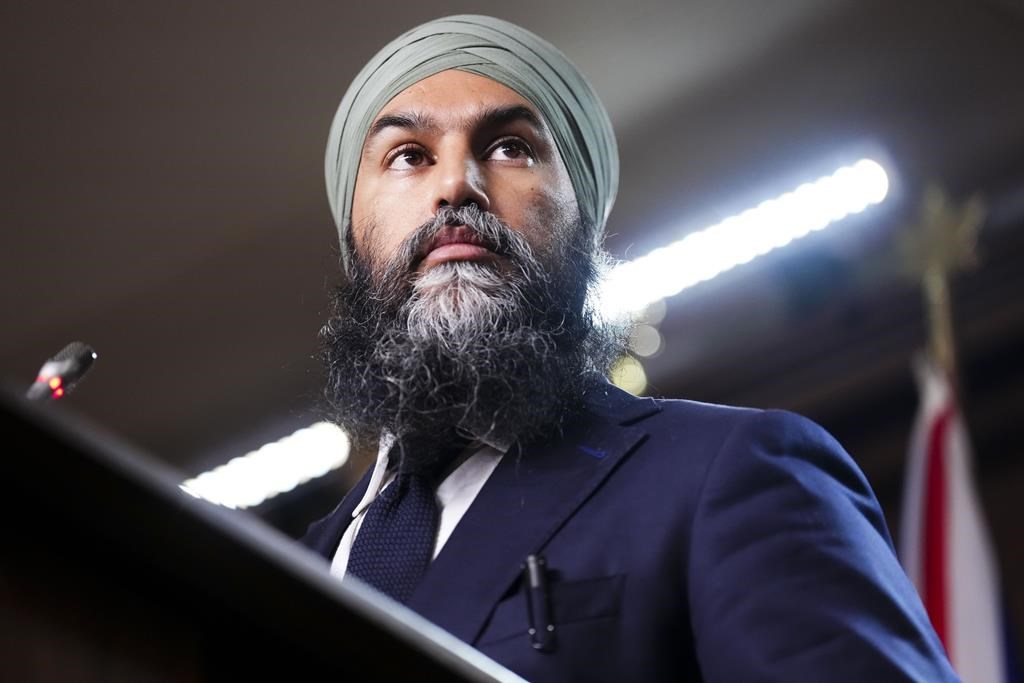
This content is restricted to subscribers
The views, opinions and positions expressed by columnists and contributors are the author’s alone. They do not inherently or expressly reflect the views, opinions and/or positions of our publication.

Become a subscriber today!
Register
Become a subscriber today!
Register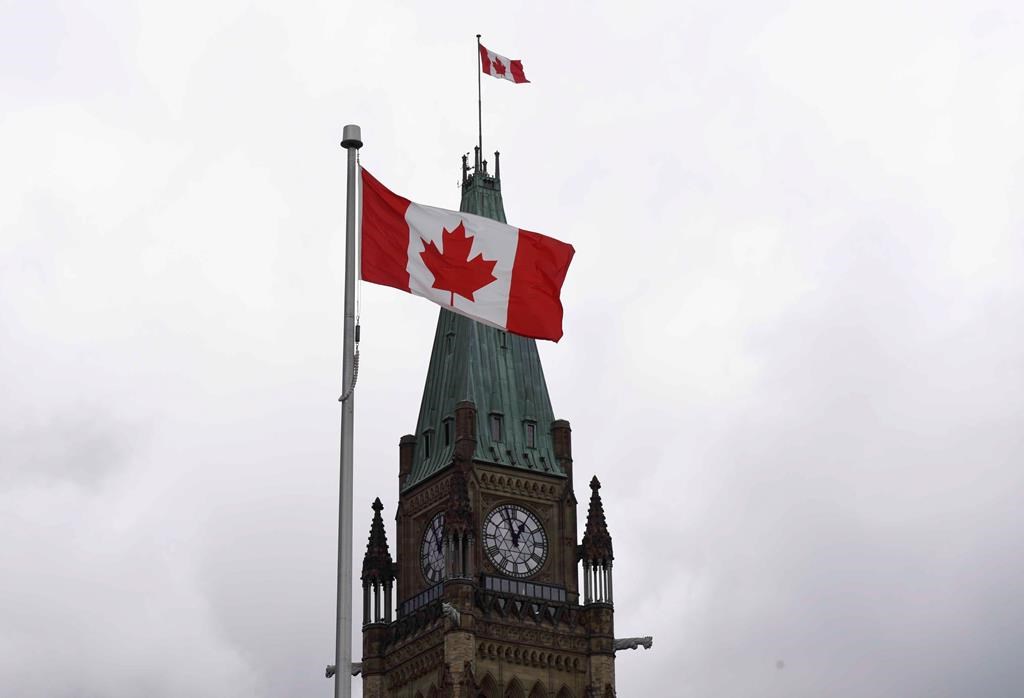
This content is restricted to subscribers
The views, opinions and positions expressed by columnists and contributors are the author’s alone. They do not inherently or expressly reflect the views, opinions and/or positions of our publication.

Become a subscriber today!
Register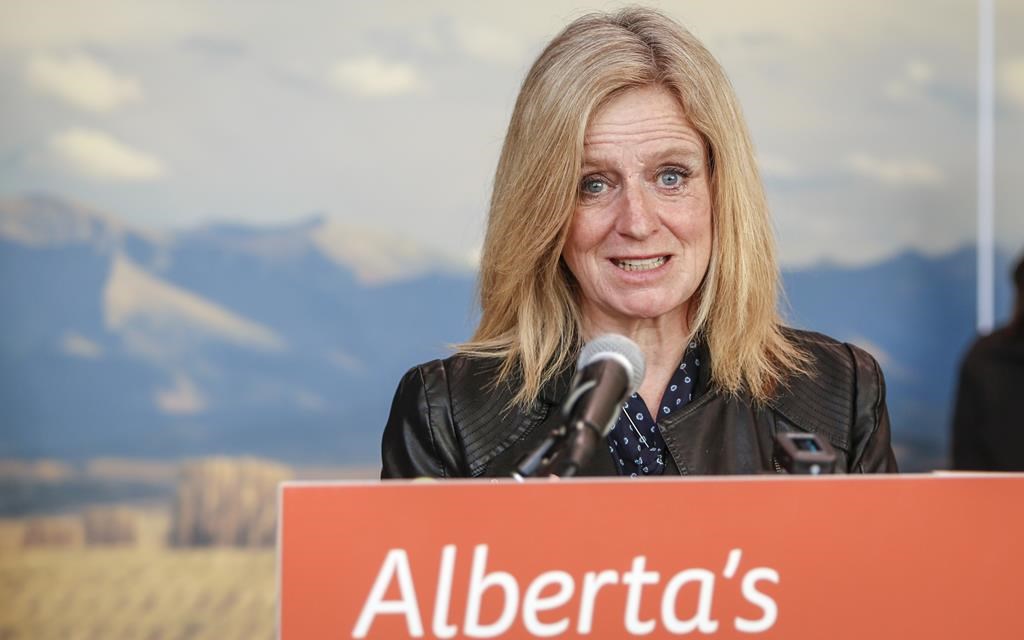
This content is restricted to subscribers
The views, opinions and positions expressed by columnists and contributors are the author’s alone. They do not inherently or expressly reflect the views, opinions and/or positions of our publication.